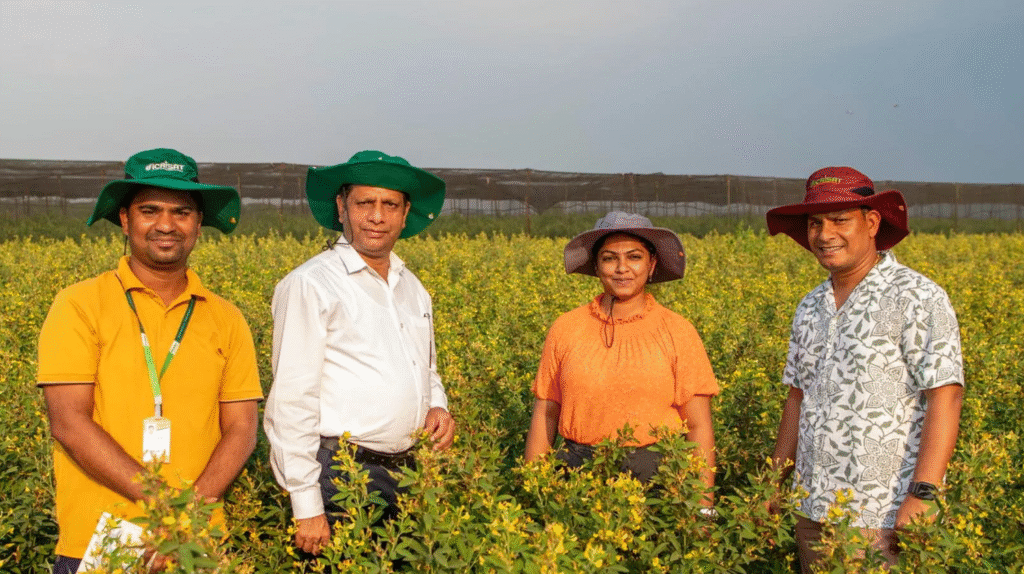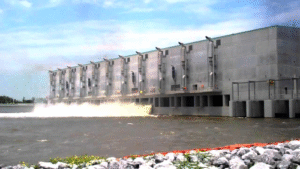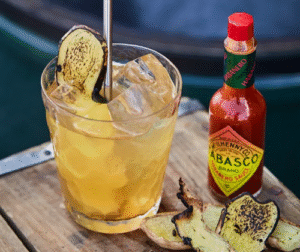HYDERABAD, INDIA – June 21, 2025 – In a monumental breakthrough for global agriculture and a significant stride for India’s food security, the International Crops Research Institute for the Semi-Arid Tropics (ICRISAT) has announced the development of ICPV 25444, the world’s first pigeon pea variety capable of withstanding extreme summer temperatures. This pioneering cultivar is poised to transform pigeon pea cultivation, making it an all-season crop and addressing critical pulse shortages in India.
ICPV 25444, developed through an innovative speed-breeding protocol, can tolerate temperatures reaching up to 45∘C and matures in a remarkably short period of just 125 days. This heat-tolerant, photo- and thermo-insensitive variety has already demonstrated impressive yields of 2 tons per hectare in successful field trials across Karnataka, Odisha, and Telangana states.
“This breakthrough in developing a summer-adapted pigeon pea cultivar is a shining example of what science can achieve when driven by urgency and purpose,” stated Dr. Himanshu Pathak, Director General of ICRISAT. Dr. Pathak was recently photographed in the summer-adapted pigeon pea field, flanked by the dedicated team behind this achievement: Senior Scientist-Pigeonpea Breeding, Dr. Prakash Gangashetty, Associate Scientist Dr. Shruthi Beliappa, and Associate Manager Naresh Bomma.
India currently faces an annual deficit of 1.5 million tons in pigeon pea production, leading to significant imports. The introduction of ICPV 25444 offers a dual strategy to boost domestic output: enabling vertical intensification in the traditional rainy (kharif) season and facilitating horizontal expansion into Rabi (winter) and summer fallows, particularly in irrigated tail-end command areas often dominated by low-yielding rice systems.
The success of ICPV 25444 is largely attributed to ICRISAT’s groundbreaking pigeon pea speed-breeding protocol, first introduced in 2024 under the leadership of Dr. Prakash Gangashetty. This protocol drastically reduced breeding cycles from a conventional 15 years to just 5, allowing for rapid trait development. By cultivating 18,000 plants per season in compact environments using 4-inch pots and advanced genomic tools, ICRISAT has significantly accelerated pigeon pea improvement timelines.
This innovation not only promises enhanced profitability for farmers, with potential earnings of USD 234 (₹20,000) per hectare, but also offers a climate-resilient solution for sustainable agriculture. As climate variability continues to challenge traditional farming cycles, ICPV 25444 represents a vital step towards ensuring food security and more secure livelihoods for millions across India.






